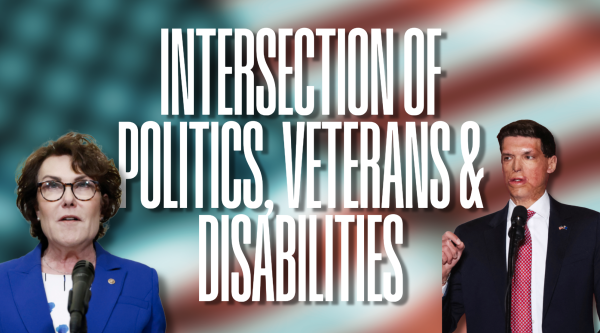Fordham Senior Researches Different Topics in Psychology
Gianna Rafanello, FCRH ’23, has conducted two research projects in the field of psychology during her time here at Fordham. Her first project, which she completed over the summer, revolved around pre-employment police psychological evaluations, while her second project, which she is currently finishing up, dealt with feelings of indebtedness and gratitude amongst groups of high school and college students.
For her project over the summer, Rafanello was advised by Karen Siedlecki, Ph.D., and studied pre-employment psychological evaluations that are required for aspiring police officers to take to see if they are psychologically fit to become one. Not only are these assessments an important part of determining whether a candidate is fit to become an officer, but they are also an important part of police psychology research. These surveys are also important for police reform, as certain scores on parts of the evaluation can be linked to future use of excessive force and racial complaints, as well as measures of bias. “One issue that can happen with these assessments are misreads, which are misinterpretations of test items not based on the content of the test item, but the way the question is phrased, so for example, double negatives or difficult grammar or colloquial phrasing of questions can lead to these misreads,” Rafanello said. This problem also arises on tests like the SAT, which Rafanello initially noticed when she was proctoring these exams. In her project, Rafanello studied these misreads, because they can have an important effect on the validity and results of the assessment as a whole, but are severely under-researched. To understand this, Rafanello surveyed police psychologists and asked them how they handle potential misreads when conducting evaluations. Rafanello found that there was significant variation among psychologists with how they addressed and factored in misreads when making their evaluations, and there was no standardized method for dealing with them. “One of the most interesting parts of the project was that a lot of the evaluators that did know how to handle misreads… the fact that they explained them could honestly be useful for other evaluators because other evaluators weren’t sure how to handle misreads.”
Rafanello’s newer project, the one she is currently working on, stemmed from a class that she took called “Youth Participatory Action Research” with Lindsay Till Hoyt, Ph.D. In this class, Rafanello collaborated with students at a local high school to conduct a research project. Rafanello’s project examined parental expectations; in her survey, she asked about 340 high school students an open-ended question about their parents’ expectations of them. “We found that students who had one or two parents born outside of the U.S. were more likely to say that they feel gratitude towards their parents than those who had both parents born inside the U.S.” After the class was over, Rafanello said she wanted to continue this project and ended up adapting it to become her honors thesis. This next component of her project was partially collaborative with the high school students; Rafanello came up with a focus group protocol to ask about academic and career motivations, as well as relationships with parents. She then used this same focus group protocol but asked these questions to Fordham students. The idea behind speaking to Fordham students was so that Rafanello could study feelings of gratitude and indebtedness in adolescent boys and emerging adult men from immigrant families. “Gratitude is a contributor to wellbeing and indicates more prosocial desire and is associated with positive emotion whereas indebtedness is more of a stressful feeling of obligation towards another person,” Rafanello said.
Rafanello is currently working on analyzing the data from this second research study, so while she has not drawn her final conclusions from the data yet, she has noticed some common themes in her research thus far. “A lot of participants acknowledged and appreciated parental sacrifices and hardships made on their behalf, participants were sometimes aligned with their parents’ expectations for them and were working towards a common familial goal… or on the flip side there were some who were not aligned with their parents’ expectations… there was a lot of viewing school or a career as an opportunity for helping their family in the future,” Rafanello said. She also noticed that there were some students who talked about having high feelings of indebtedness and the idea that they should be paying forward what their parents sacrificed for them by doing things like getting a good job or obtaining an education. Rafanello also noted that there has not been a lot of research surrounding feelings of gratitude and indebtedness among children from immigrant families with diverse cultural backgrounds; most of the existing research has dealt with specific groups, for instance, Korean-American families. She said she hopes to address these questions for students from families with diverse cultural backgrounds with her project. She also wanted to compare these feelings between adolescents and emerging adults because gratitude is often associated with increased age.
In her future, Rafanello said she wants to pursue a career in psychology, and working on these projects has made her enjoy research. Specifically, Rafanello points to using her research to examine topics that interested her in real-life or that were inspired by situations that she was in. “I really liked applied research. I liked working with the high school students; even my first project was spurred from an actual experience… the initial ‘I’m interested in this’ came from real things that I experienced.”















































































































































































































